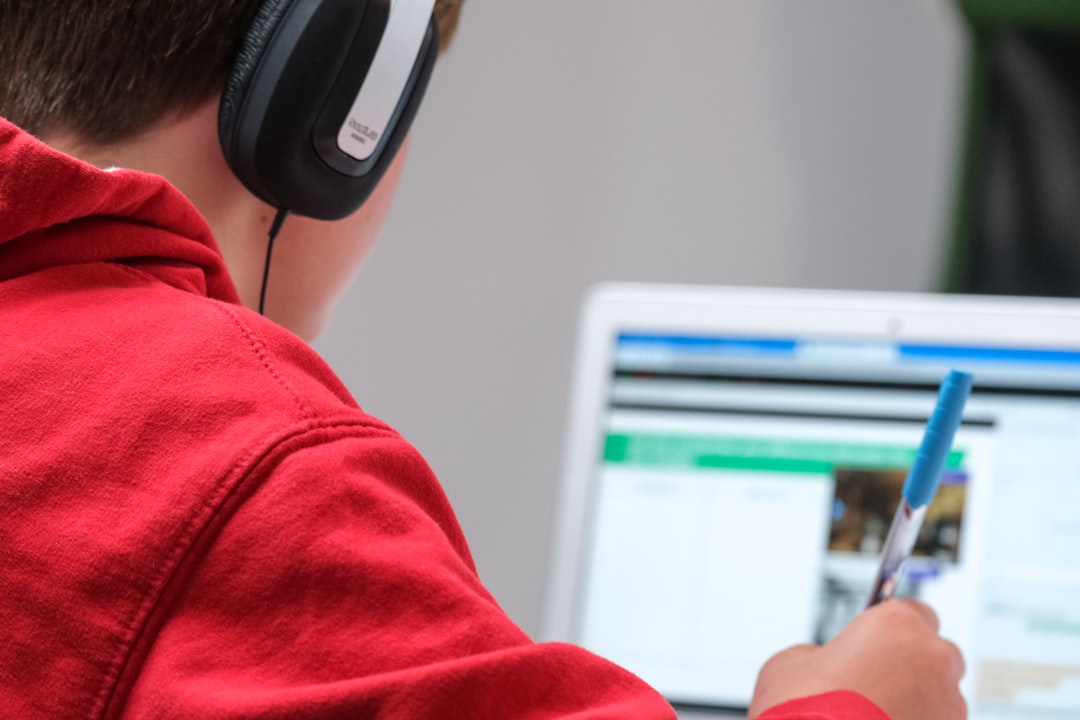In the rapidly advancing digital age, the fusion of artificial intelligence (AI) and education is not just inevitable but essential. This integration promises to reshape how knowledge is imparted, absorbed, and evaluated. With AI’s capability to analyze vast amounts of data and personalize learning experiences, education systems worldwide are poised to undergo significant transformations. This article explores the multifaceted impact of AI on education, highlighting how this technology is not only enhancing teaching methods but also revolutionizing student engagement, assessment, accessibility, and administrative efficiency.
Tailored Learning Experiences
AI’s ability to sift through and analyze large datasets allows for a more personalized education experience. By understanding a student’s strengths, weaknesses, learning pace, and preferences, AI can customize curricula to suit individual needs. This personalized approach helps in identifying specific areas where students struggle, allowing for targeted interventions that are more likely to improve learning outcomes. Furthermore, AI-driven platforms can adapt in real-time, providing learners with challenges that are perfectly pitched to stretch their capabilities without overwhelming them.
Interactive and Engaging Learning Tools
AI is at the forefront of developing interactive tools that make learning more engaging. For instance, gamified learning platforms use AI to adjust scenarios and puzzles according to the learner’s skill level, making education both fun and effective. Additionally, virtual reality (VR) and augmented reality (AR) powered by AI create immersive learning environments that simulate real-world scenarios. Students can perform experiments in a controlled virtual space or visit historical sites through VR tours, enhancing both engagement and retention of information.
Streamlining Assessment Processes
AI algorithms excel in automating the grading process, reducing the workload on educators and providing immediate feedback to students. Beyond just scoring responses, AI can analyze how students arrive at their answers, offering insights into their thought processes and conceptual understanding. This capability not only speeds up the assessment cycle but also helps in fine-tuning teaching strategies to address common pitfalls students encounter in their learning journey.
Enhancing Accessibility
AI technology has been instrumental in breaking down barriers for students with disabilities. Tools like speech-to-text converters, smart hearing aids, and AI-powered predictive text help facilitate communication and learning for students with hearing, visual, or speech impairments. AI-driven programs can also customize learning environments and content formats to suit various learning disabilities, ensuring that education is inclusive and accessible to all.
Optimizing Administrative Tasks
On the administrative front, AI can significantly streamline operations within educational institutions. From scheduling classes and managing student records to tracking inventory and maintaining facilities, AI systems can automate numerous routine tasks, allowing staff to focus on more strategic activities. AI can also aid in complex decision-making processes by providing data-driven insights on areas such as student admissions, curriculum effectiveness, and resource allocation.
The integration of AI in education offers a beacon of hope for addressing some of the longstanding challenges in the sector. By personalizing learning, making educational content more engaging, automating assessments, enhancing accessibility, and improving administrative efficiency, AI is not just transforming education; it is redefining the possibilities of what education can achieve in the 21st century and beyond. As we continue to harness this powerful technology, the future of education looks brighter and more promising than ever.







